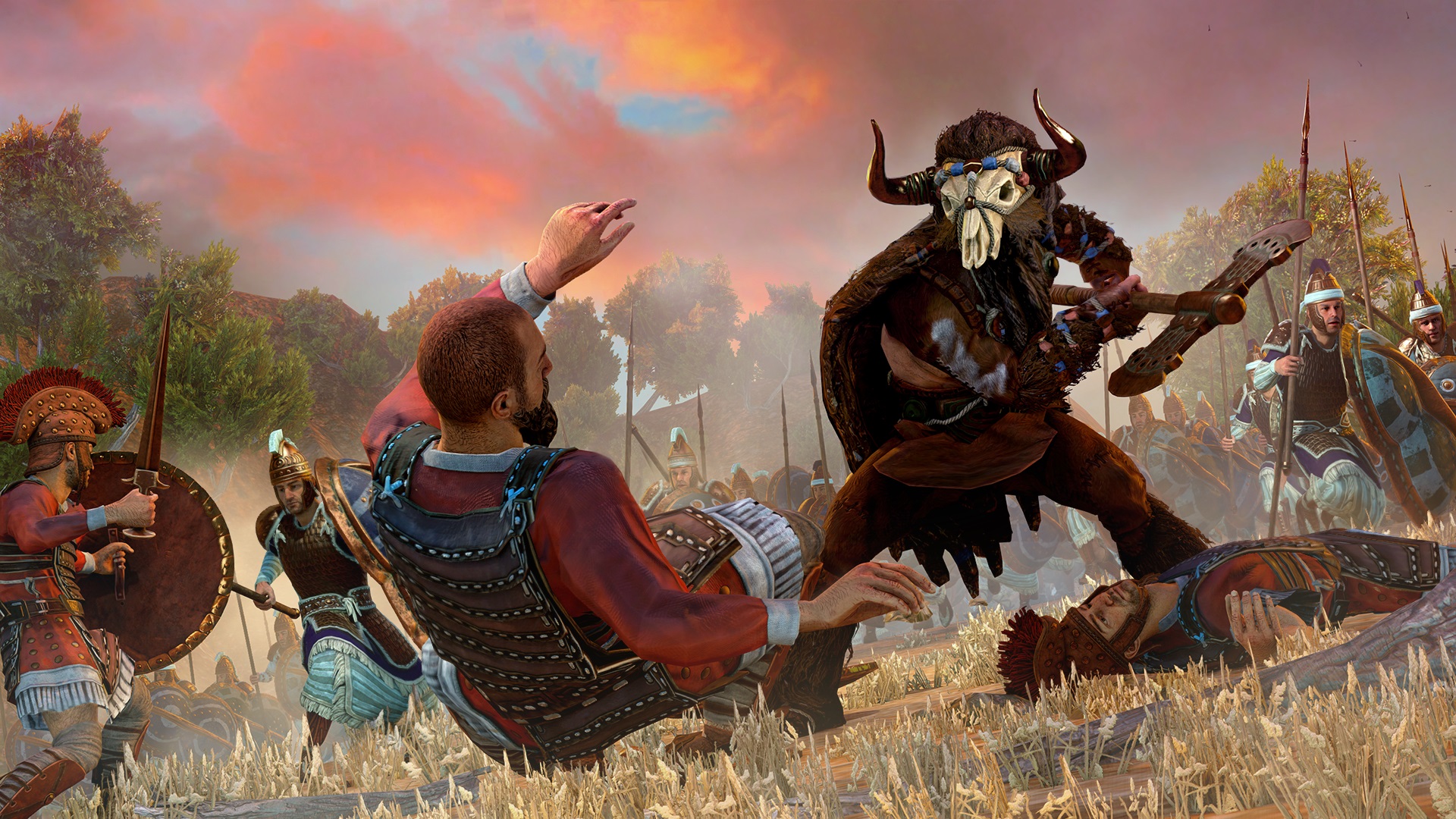Feral Interactive is a studio that specializes in porting games to MacOS and other platforms. Earlier today, following the announcement of the Mythos DLC for A Total War Saga: Troy, it announced on Twitter that it is bringing both the base game and the DLC to MacOS on Steam after the Windows release. At the same time, however, it also said that work on a previously-announced Linux port will not be resumed, because Valve has effectively killed the market for it.
“The Linux port was put on hold while Troy was exclusive to Epic, and we are not resuming development for the Steam release,” the studio explained. “We will continue to assess the feasibility of porting games to Linux, but there is generally less demand for native titles since Valve’s launch of Proton.”
The Linux port was put on hold while TROY was exclusive to Epic, and we are not resuming development for the Steam release. We will continue to assess the feasibility of porting games to Linux, but there is generally less demand for native titles since Valve’s launch of Proton.July 27, 2021
Developed by Valve and released in 2018, Proton is a compatibility layer that enables Windows-based games to run on Linux. As we explained in our guide to switching a gaming PC to Linux, it works very well: It’s based on a branch of the Wine compatibility software, with features that make it much more capable of handling games than Wine itself. It’s a central part of Steam Play, and also the upcoming Steam Deck handheld, which out of the box will employ the Linux-based SteamOS with Proton enabling Windows-based games.
On the whole, it’s a good thing for Linux gamers, but it’s not so hot for that particular subset of Linux gamers who insist on native games. And there are some who are not happy about this development.
“Getting windows games to run on linux has a degree of fiddling to get them working just right,” redditor Neck_Bear said. “While Proton is nice for developers that can’t/won’t put in the effort for a good port, it’s far from a good native version that just works.”
Another, Khanstant, described Proton as a “double-edged sword,” because “the better it gets, the less incentive devs have to make Linux releases when already a Linux release is more of a charity scenario than a prudent business decision.”
That’s a reality that others, like Noname932, pointed out in their support for Proton. “I really like Linux and [am] planning to use [it] for my next PC build … but widespread adoption of gaming on Linux is just impossible so this is the preferable outcome to me,” they wrote. “Without Proton, the amount of games playable on Linux is and will always be minuscule.”
Unsurprisingly, it doesn’t sound likely that much effort will be put into native Linux ports in the future: In a followup tweet, the studio said that it will continue to support existing games but as far as future Linux development goes, it only repeated that it will “assess the feasibility” of doing so in the future.


